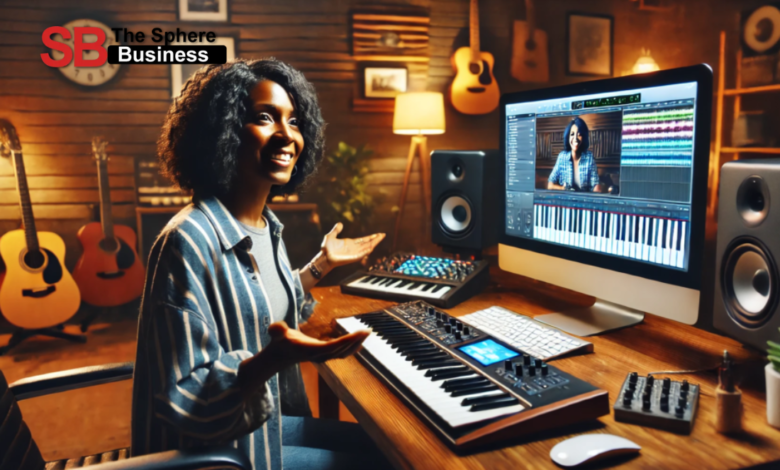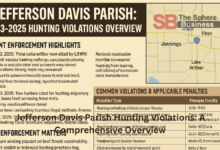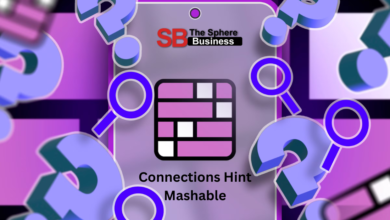The Rise of AI in Music: Revolution or Reinvention?

In recent years, artificial intelligence (AI) has reshaped various industries, and the music world is no exception. AI-generated music is no longer a futuristic concept—it’s already influencing how songs are written, produced, and even performed. From composing original pieces to recreating the voices of iconic artists, AI Music is opening up new frontiers in sound and creativity.
What is AI Music?
AI music refers to audio content generated or assisted by artificial intelligence. Using algorithms, machine learning models, and large datasets of existing music, AI can analyze patterns and styles to create new compositions. Some AI tools write melodies, harmonies, or lyrics, while others can mimic specific instruments or vocal styles.
Companies like OpenAI (with its MuseNet and Jukebox projects), Google (with Magenta), and startups such as Amper Music and AIVA have developed platforms capable of composing music across genres, often within seconds.
How It Works
At the core of AI music generation are deep learning models trained on vast amounts of audio and music theory data. These models learn musical structures—chords, rhythms, progressions, and even emotional cues. Some systems can generate background scores for videos, while others collaborate with artists to provide creative inspiration or assist with production.
Voice synthesis and cloning have also emerged, allowing AI to replicate a human singer’s voice. This raises fascinating possibilities—and some ethical dilemmas—around using the voices of deceased or retired musicians.
Benefits of AI in Music
- Creativity Boost: AI can serve as a creative partner, helping artists explore new musical ideas, styles, or arrangements.
- Accessibility: Individuals without formal training in music theory or composition can use AI tools to produce quality tracks.
- Efficiency: AI can speed up the production process, generating drafts or entire soundtracks quickly.
- Personalization: AI can tailor music to individual preferences, making personalized playlists or adaptive soundtracks for games and apps.
Ethical and Creative Concerns
As with any technological breakthrough, AI music comes with concerns. The use of AI-generated content raises questions about originality, copyright, and intellectual property. If an AI learns from existing works, where does homage end and plagiarism begin?
Additionally, there is growing debate over the use of AI Music to replicate artists’ voices or styles. While this can preserve legacies, it can also feel exploitative if done without consent or transparency.
The Future of AI Music
Rather than replacing musicians, AI is more likely to change the way music is made. Many artists already embrace AI as a tool for experimentation, and record labels are exploring AI-assisted production to optimize songs for streaming algorithms.
However, as the technology evolves, the industry will need clear guidelines to ensure fair use, protect creators’ rights, and maintain artistic integrity.
Conclusion
AI in music is both a powerful tool and a cultural disruptor. It challenges traditional ideas of creativity and authorship while offering exciting new ways to experience sound. Whether viewed as a revolutionary force or a collaborative assistant, AI is undeniably reshaping the soundtrack of the future.





